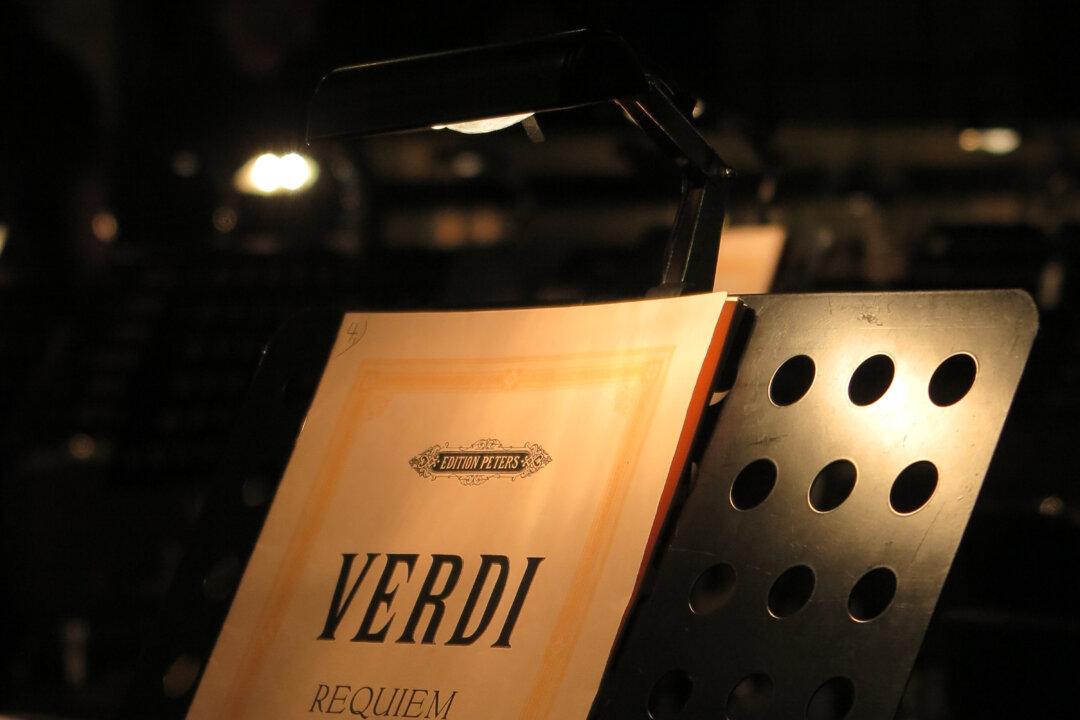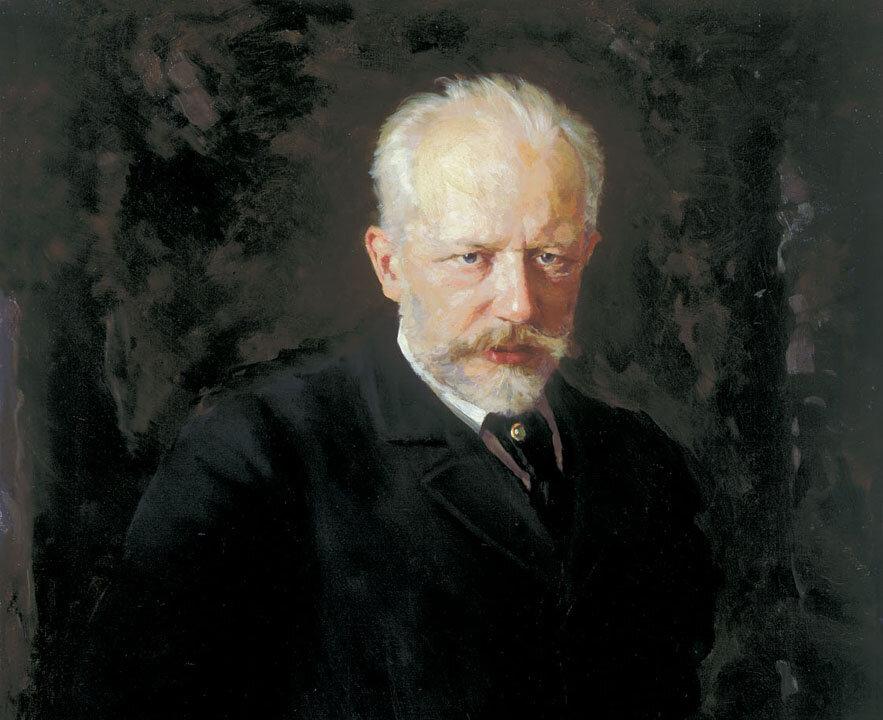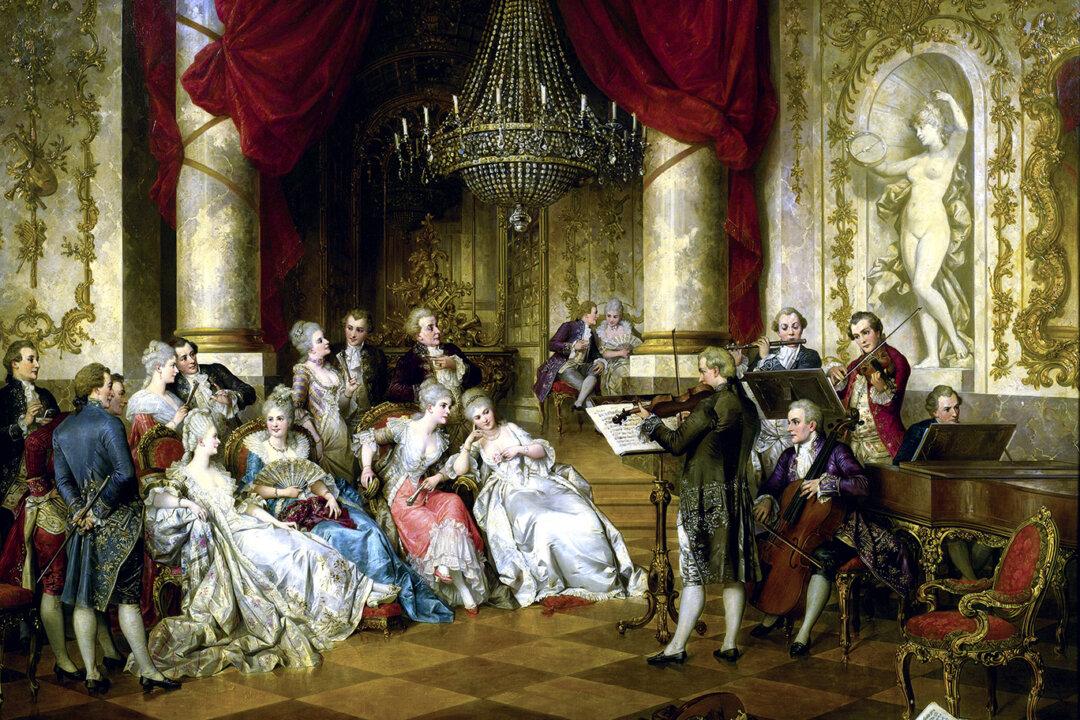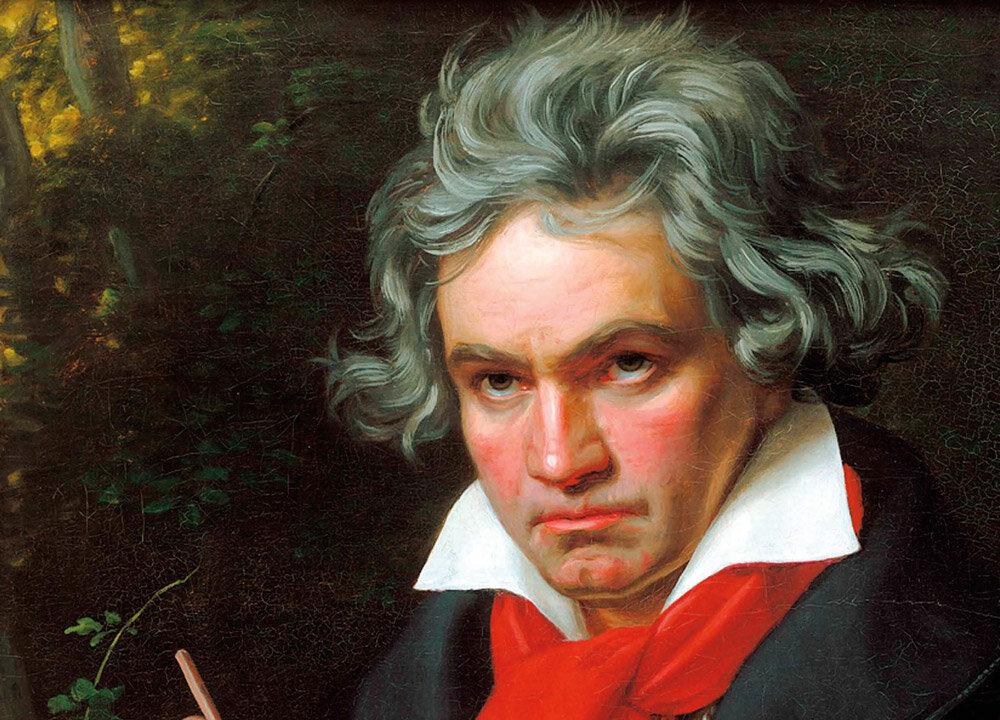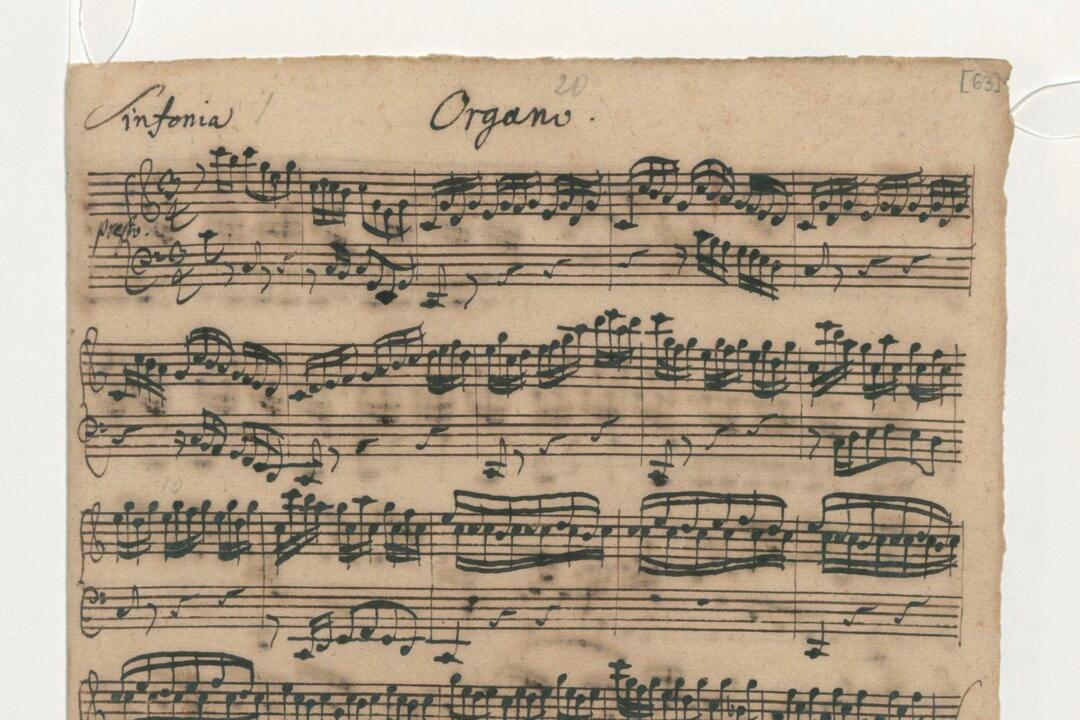In his later years, my father joined a Welsh miners’ choir, composed of men that shared the daily hardships and very real dangers of digging coal hundreds of feet beneath the ground. They gathered on evenings and weekends to sing together, raising their voices in union as a celebration of community and brotherhood.
I remember the sound of those basses, baritones, and tenors singing “Land of My Fathers,” the Welsh national anthem. The music was staggeringly beautiful and powerful, and it also invoked an appreciation of people coming together to sing in celebration, or sorrow, as a choir.

